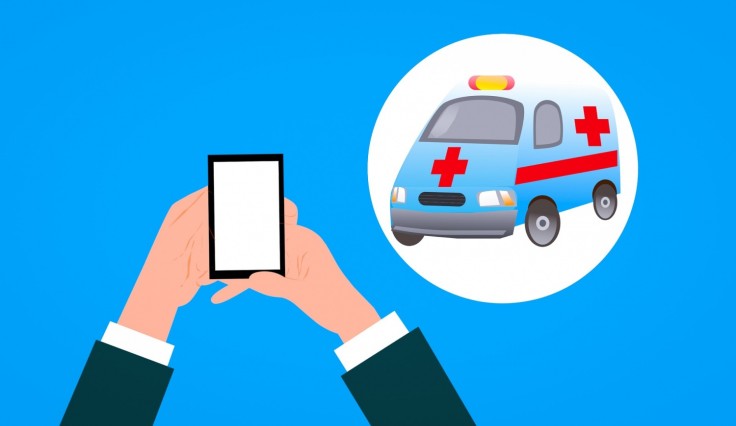
Applications for your computer and phone are all here to stay, especially when it comes to buying insurance, staying fit, and maintaining optimum health. Here's a quick rundown of what to look for when purchasing some of the most popular products out there.
Health Apps to the Rescue
Since 2016, the health market has exploded. There are now more than 1,000 products out there that promise to help you lose weight, meditate, lower your cholesterol, reduce blood pressure and live longer. Be wary of those that seem to promise too much are cost more than a few dollars. The most reputable sellers will allow you to test-drive a full version of their application at no cost for a week or more.
Before plunking down your hard-earned cash on anything, ask yourself exactly what you need. Are you trying to monitor blood sugar? Do you need to watch your weight? Has your doctor told you that you're at risk for high cholesterol? Avoid health apps that promise to deliver hundreds of important pieces of data and instead focus on one that can give you what you need. Sometimes simple is better.
Insurance Apps for Consumers
From health insurance to auto insurance, life insurance and more, you can compare prices online for substantial savings, all from your home instead of tireless phone calls or having to meet in person for a pressured sale. Even mortgage rates and yields on checking and savings accounts are among the things you can check comparison rates for using online tools.
There are hundreds of insurance applications on the market, and some of the best ones are free. Consumers often make the mistake of thinking that agent-oriented products will be a better deal or yield more information. Be careful about falling into this trap. The agent applications are designed for professionals, can cost hundreds of dollars, and usually take several weeks to master. Even after all the expense and trouble, most consumers don't get any additional useful info from these products than they do from the free versions designed for policy buyers.
However, the products that allow you to compare quotes across many companies and offer functionality for viewing premium amounts based on age, health and other parameters are the best ones by far. There's no need to opt for all the bells and whistles of the high-priced products when all you want to do is compare prices, look at company data and arrive at a solution for your insurance shopping needs.
Some products can help you calculate the value of viatical settlement arrangements, a special feature of policies for consumers who decide to redeem the contract when they face a serious illness. Viatical settlements make sense for individuals who need to obtain a lump sum of cash that is less than the death benefit but more than the cash surrender value of a life insurance policy. Applications that offer this kind of detail can cost between $20 and $50, so be sure to test out any product you intend to buy.
Making Fitness Apps Work
Fitness applications are almost as popular as health apps. Of course, fitness and health are closely related, so the two product lines have a lot in common. Some of the fitness parameters that consumers like to track include miles walked or run, calories burned, number of steps taken each day and a host of other data bits. Some of the more complex fitness applications can help you design an entire workout regimen, create a running program to prepare for a marathon or achieve virtually any fitness-related goal you have in mind.









